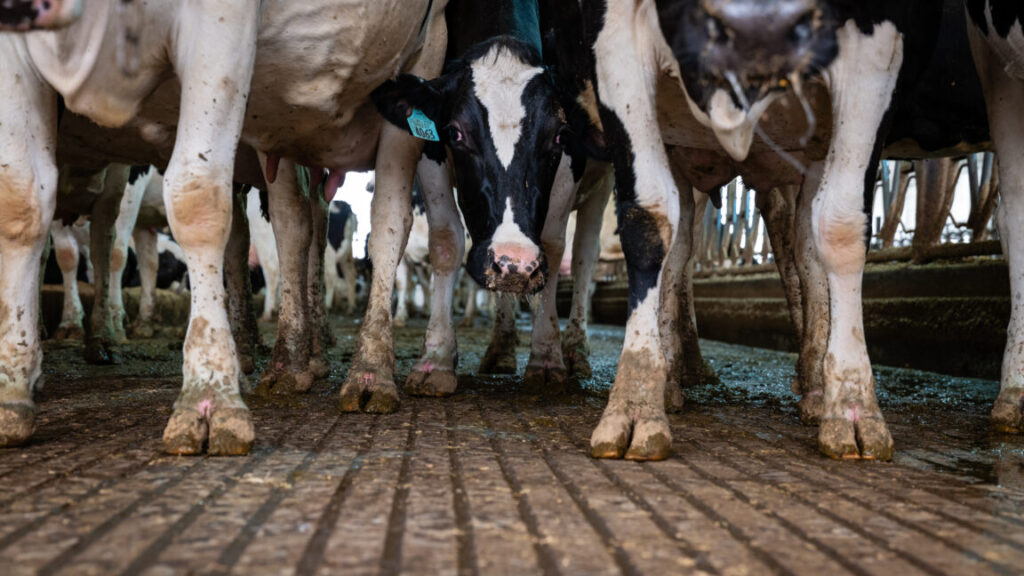H5N1 bird flu spills over again; Nevada cows hit with different, deadly strain
The spread of H5N1 bird flu in dairy cows is unprecedented; the US outbreak is the first of its kind in cows. Virologists and infectious disease experts fear that the continued spread of the virus in domestic mammals like cows, which have close interactions with people, will provide the virus countless opportunities to spill over and adapt to humans.
So far, the US has tallied 67 human cases of H5N1 since the start of 2024. Of those, 40 have been in dairy workers, while 23 were in poultry workers, one was the Louisiana case who had contact with wild and backyard birds, and three were cases that had no clear exposure.
Whether the D1.1 genotype will pose a yet greater risk for dairy workers remains unclear for now. Generally, H5N1 infections in humans have been rare but dangerous. According to data collected by the World Health Organization, 954 H5N1 human cases have been documented globally since 2003. Of those, 464 were fatal, for a fatality rate among documented cases of 49 percent. But, so far, nearly all of the human infections in the US have been relatively mild, and experts don’t know why. There are various possible factors, including transmission route, past immunity of workers, use of antivirals, or something about the B3.13 genotype specifically.
For now, the USDA says that the detection of the D1.1 genotype in cows doesn’t change their eradication strategy. It further touted the finding as a “testament to the strength of our National Milk Testing Strategy.”
H5N1 bird flu spills over again; Nevada cows hit with different, deadly strain Read More »


